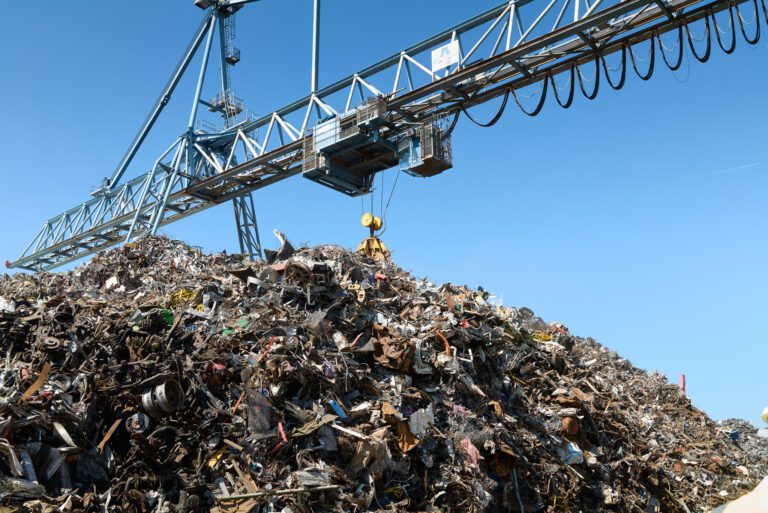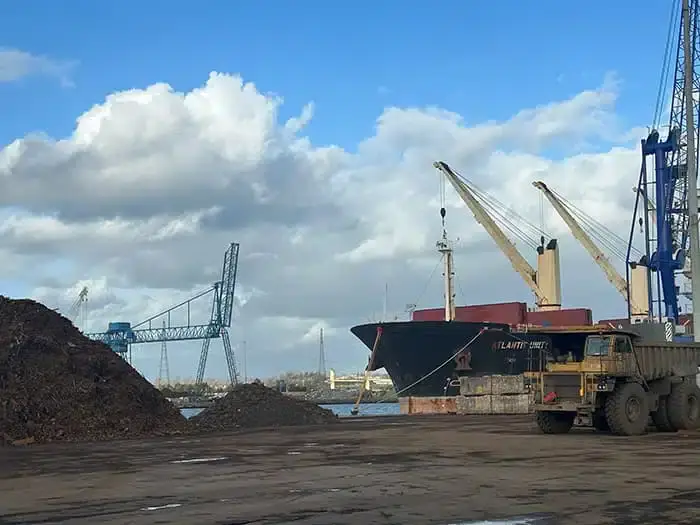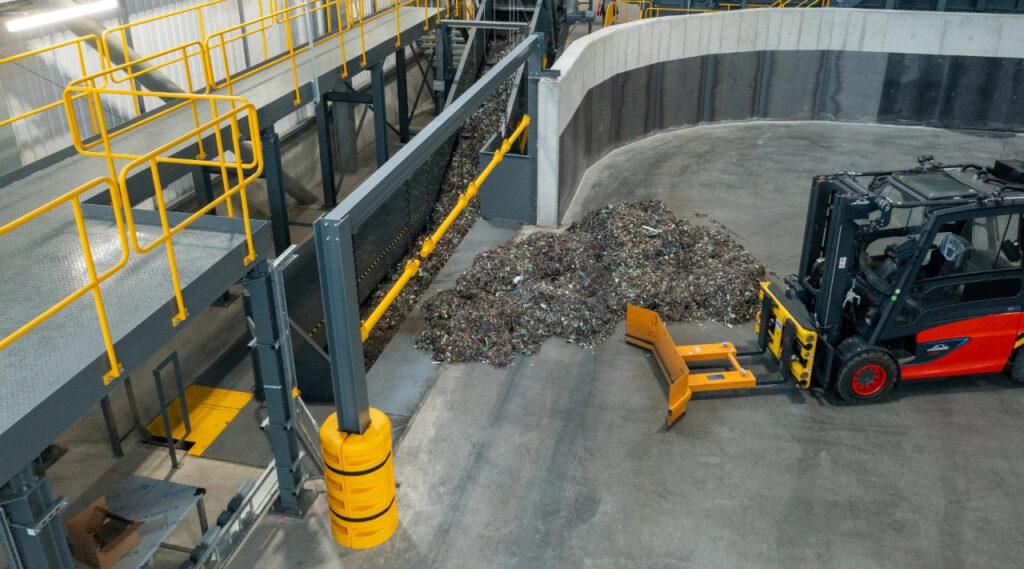European Metal Recycling (EMR) has joined the CirculaREEconomy (CREEM) project.
The project is led by Ionic Technologies, which specialises in the development of rare-earth recycling technologies.
EMR will invest £730,000 – including match funding – to support CREEM in developing collection, recovery and recycling technology for the metals.
Roger Morton, Managing Director for Technology and Innovation at EMR, said: “We’re really excited to reveal the next stage of EMR’s mission to create a circular economy for rare-earth magnets – crucial to the green transition.
“A circular economy for these materials won’t only safeguard the planet’s biodiversity and add resilience to vital supply chains, it will also allow our customers to achieve circularity, move closer to their net-zero targets and align with the ELV Regulations and the EU’s Critical Raw Materials Act – which mandates a quarter of demand for this material must be met by recycling by 2030.”
CREEM is part of the UK’s Department of Business and Trade’s £2.5 billion DRIVE35 campaign which aims to support projects that will help the transition to zero-emission vehicle manufacturing.
EMR will work alongside other consortium partners from the rare-earth metals and magnet manufacturer sector – including Ford Technologies, Bentley Motors, Bamford Bus Company (Wrightbus), Less Common Metals (LCM) and the British Geological Survey (BGS).
The project will build on experience gained through the recently completed SCREAM and Re-Rewind projects.
The British Geological Survey will produce a material flow and Life Cycle Assessment (LCA) of the recycled components to verify the outcomes of the project.
CREEM will be facilitated by the Advanced Propulsion Centre UK (APC).
Ian Constance, CEO at the APC, said: “This new investment underlines the commitment from government to secure advanced manufacturing in the UK. I am pleased that the APC, Zenzic and its delivery partners are here to facilitate a new wave of funding in the automotive industry, supporting innovation, driving scale-up, and enabling transformation.
“This will encourage further investment in the UK’s growing zero-emission supply chain, safeguarding skilled jobs and building on the country’s reputation as a world-leader for technology.”
Rare-earth magnets
Rare-earth magnets, such as Neodymium (NdFeB) magnets, are essential components in electric vehicles (EV) and can be found in powertrains, seat motors, speakers and many other systems.
However, these items can be a slow, expensive and labour-intensive process.
Morton added: “EMR’s long-term commitment to recycling these powerful magnets has enabled our teams to develop the highest safety standards when handling what can be very difficult materials.
“We’ll now take everything we’ve learned so far and join forces with the rest of the consortium to build an efficient, scalable and flexible long-loop supply chain which complements our previous development projects for these increasingly crucial magnets.”









Subscribe for free